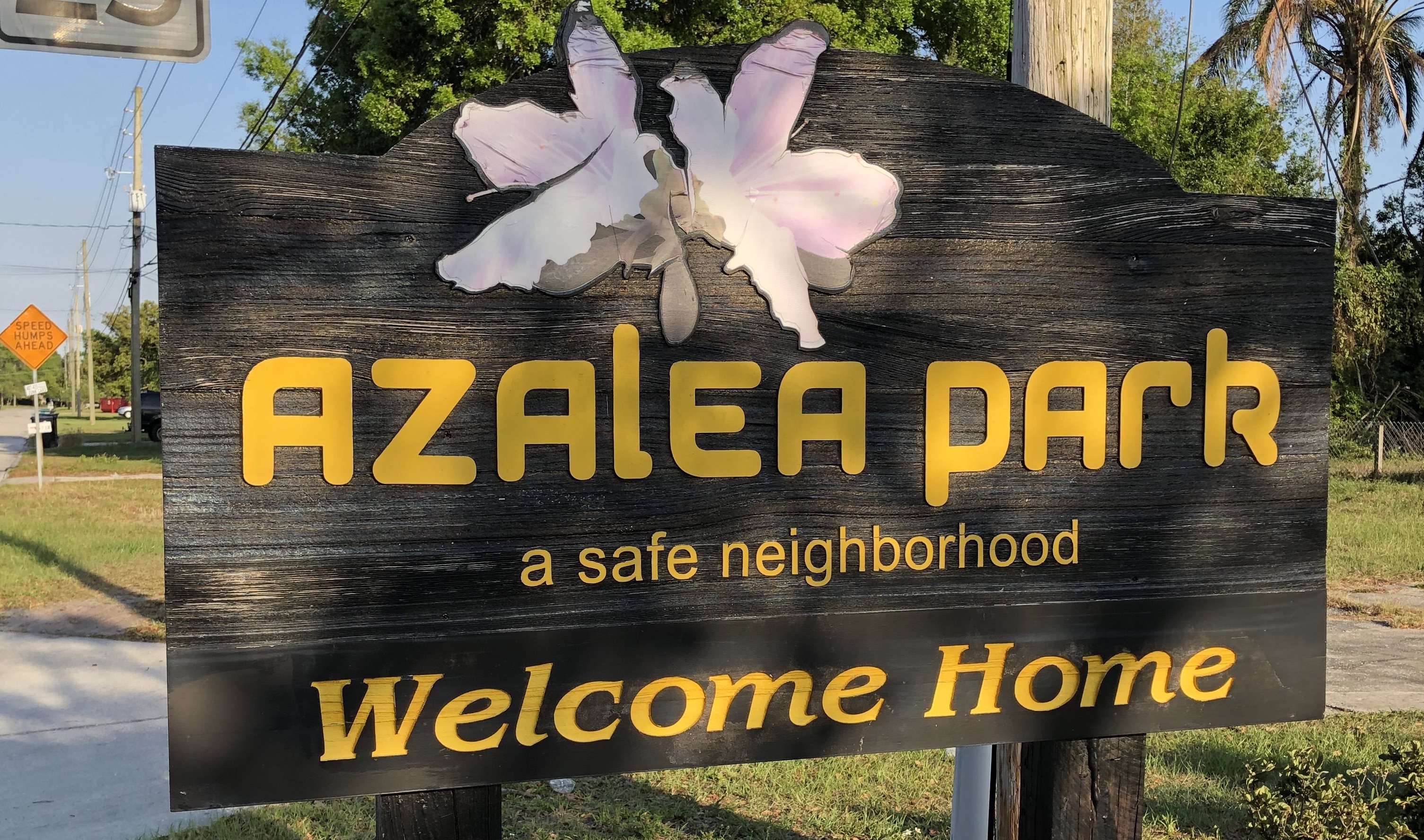A Latino Workforce Stuck in the Shrubs of Persistent Urban Poverty
On separate occasions in just the last two weeks, I have bumped into four people at different companies that seemed very familiar to me at first glance. When I asked them if we had met before, they all smiled and reminded me that they had received career preparation and job readiness training from the Urbander team – in Spanish – within the last 6 months. All four of them are professional Puerto Rican women who have limited English proficiency (also taking ESOL lessons!) and were displaced to Central Florida because they lost everything to Hurricane Maria. Our team performs these training sessions in collaboration with our client partner CareerSource Central Florida, and nothing brings me more joy in my work life than actually seeing with my very own eyes how we can impact people’s lives with what we do. Our goal is to help them attain the socio-economic stability and upward mobility they need to thrive.
It turns out that aside from leading the Urbander team, I’m also the Founder of SOS by Urbander, a non-profit 501c(3) organization dedicated to aiding families facing hardship due to personal loss, discrimination and underrepresentation by amplifying collaborative philanthropic initiatives that bring positive social change. On May 30th we hosted a presentation entitled “Onboarding to America: Hispanics and Navigating the Transition to the USA” alongside Dr. Howard Rodríguez-Mori from Florida State University to community partners, sponsors and local elected officials.
We proposed an “Intervention Model to Break the Cycle of Persistent Urban Poverty” based on research conducted by Dr. Rodríguez-Mori, who included SOS by Urbander’s work into his longitudinal study. His research indicates the eight key support areas we should be focusing on as pathways and micro-intervention solutions to edify migrant and underserved communities:
1. Occupational and/or Conversational ESOL Programs
2. GED and/or Certificate Programs
3. Job Readiness Training and/or Job Placement Programs
4. Childcare and/or Tutoring Assistance
5. Financial Literacy and/or Credit Rehab Programs
6. Healthcare Literacy and/or Preventive Care Programs
7. Mental Healthcare and/or PTSD Treatment
8. Senior Citizen and/or Special Needs Programs
Dr. Rodríguez-Mori basically confirmed that we still have a lot of more work to do. But let’s be real: Latino-led grassroots nonprofits are broke. It’s very challenging for us to secure funding for audacious high-impact pilot programs for a host of different reasons that would warrant another article altogether, but basically, we have been disproportionately blocked from access to available bacalao (moolah, dinero, money) to invest in our community programs. However, we are inspired by the recent gesture and speech of Black billionaire Robert F. Smith, who pledged to pay off the student loan debt for Morehouse College’s Class of 2019 while stating “there are enough of us to take care of our own”. We are asking the woke business community (if you are still reading, that’s YOU!) and successful Hispanic business owners to support our intervention program to break the cycle of persistent urban poverty.
We named this new SOS by Urbander pilot program “The Azalea Project”, and it will be conducted in the community of Azalea Park in Orlando because:
- This neighborhood is a historical enclave for the Puerto Rican/Latino community during its transition into the U.S. through Central Florida
- Dr. Rodríguez-Mori determined that this community has all the urban poverty indicators he has been researching
- It’s an underserved-underrepresented community that receives little to no attention from big nonprofits in the region
- We are currently collaborating with a local church in the heart of Azalea Park in implementing community programming for individuals who have limited English proficiency and are struggling to adapt to life in the U.S.
- Azalea Park is on our side of town (East Orlando), and quite frankly, this allows us to be more effective and efficient with our limited resources
Then, something told me I should look up the word azalea to find out its meaning. It’s a shrub with handsome flower clusters of various colors. Its name is derived from the Greek azaleos – dry; from its supposed preference for a dry situation; to parch, to dry up.
OK, let’s get this straight. No one has a preference to live in a “dry” situation such as poverty. And it irks me to know that the very community we are going to launch our pilot program in has been left to parch and dry up. Lord knows I don’t have much of a green thumb to grow a garden filled with blooming azalea shrubs. What we do have is the track record and ability to grow people, along with the support of a business community that cares about the Hispanic community.
Our master plan is to identify at minimum (based on how much funding we can secure) 10 to 15 families in Azalea Park that can participate in the pilot intervention program. We will intervene with families that are basically stuck or experiencing a downward spiral from a social mobility perspective. We will provide intervention at home and/or facilities that are walking distance from their homes (i.e. church, school, community center). The goal is to invest resources into each family and fill the gaps that are keeping them from attaining social mobility.
The initial phase of the pilot will occur in 2020 where we will deploy services to the selected families in collaboration with local sister organizations. Dr. Rodríguez-Mori will benchmark the families and periodically assess the impact and duration of intervention in each support area. Using both qualitative and quantitative data collection between each assessment, we will be able to calibrate the intervention model as needed in order to replicate it in other distressed and diverse neighborhoods across Florida and the U.S, that are suffering the highest level of marginalization/poverty.
For more information, and to make a donation to The Azalea Project please email [email protected]. Mil gracias.


